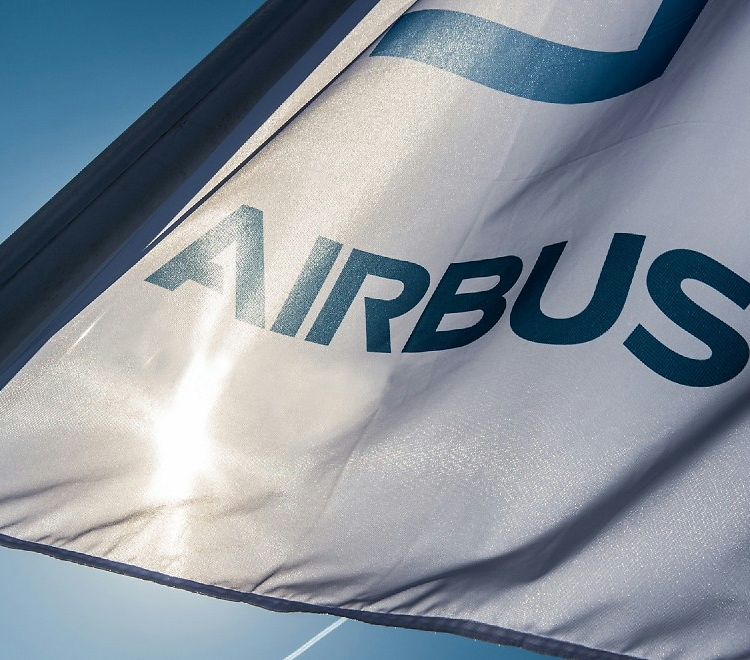Friedrichshafen, 14/07/2017 - A 110 kg mini-satellite from Stuttgart University known as the “flying laptop” has been launched successfully today as a secondary passenger on the Soyuz-Fregat flight from Baikonur.
The satellite development was significantly supported by Airbus Defence and Space, especially its satellite platform technology. This „Future Low-cost Platform“ (FLP) is equipped with an Airbus patented integrated new Onboard-Computer and Power supply architecture.
The satellite serves as a technology demonstrator for the new platform and furthermore carries four payloads, namely two cameras – near infrared and multispectral –, a ship detection AIS receiver from DLR Bremen and a space-ground laser-terminal from DLR Oberpfaffenhofen.
The development of the satellite was mainly funded by the German member state Baden-Württemberg with substantial additional industry in-kind equipment sponsoring, PhD scholarships and consulting manpower, mainly from Airbus Defence and Space GmbH and Tesat-Spacecom GmbH & Co.KG.
Due to the high interest DLR also provides antenna station access to Weilheim (15m), Inuvik and O’Higgins for the platform commissioning phase up to one week. The satellite operation is carried out via the Mission Operations Centre at Stuttgart University. After initial satellite commissioning, Stuttgart will use its own local antenna for both platform and payload control.
About Airbus
Airbus is a global leader in aeronautics, space and related services. In 2016, it generated revenues of € 67 billion and employed a workforce of around 134,000. Airbus offers the most comprehensive range of passenger airliners from 100 to more than 600 seats. Airbus is also a European leader providing tanker, combat, transport and mission aircraft, as well as Europe’s number one space enterprise and the world’s second largest space business. In helicopters, Airbus provides the most efficient civil and military rotorcraft solutions worldwide.
